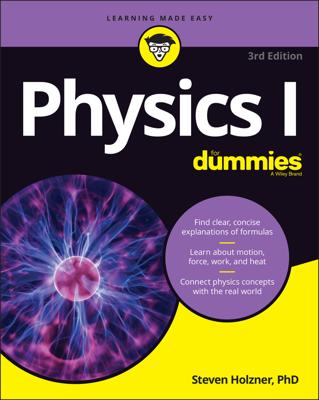One criticism that has arisen largely since Smolin’s The Trouble with Physics is the notion that string theory isn’t necessarily a finite theory. Remember that this is one of the key features in support of string theory: It removes the infinities that arise when you try to apply quantum physics directly to problems.
As Smolin describes things, this belief in string theory finiteness is largely based on a 1992 proof performed by Stanley Mandelstam, in which Mandelstam only proved that the first term of string theory (remember that string theory is an equation made up of an infinite series of mathematical terms) was finite. It has since been proved for the second term, as well.
Still, even if every individual term is finite, string theory currently is written in a form (like quantum field theory) that has an infinite number of terms. Even if each term is finite, it’s possible that the sum of all of the terms will yield an infinite result. Because infinities are never witnessed in our universe, this would mean that string theory doesn’t describe our universe.
The fact that string theory finiteness hasn’t been proved isn’t a flaw in string theory. The fact that most string theorists thought that it had been proved finite when it wasn’t is the flaw — not necessarily a flaw in string theory itself, but a flaw in the very way these scientists are practicing their science. The bigger issue at stake in this particular criticism is one of precision and intellectual honesty.

